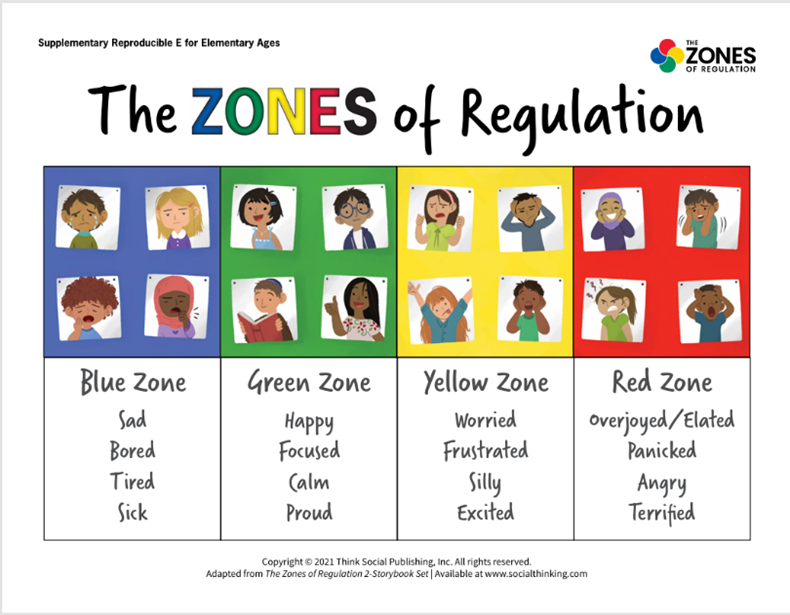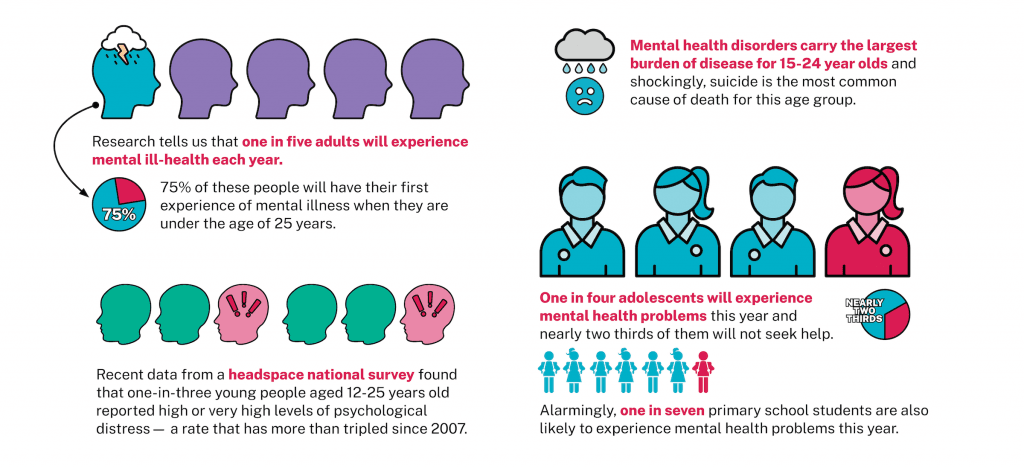Australian Curriculum
Merrimac State School implements the Australian Curriculum. ACARA is responsible for the development of the Australian curriculum from Kindergarten to Year 12.
ACARA’s work in developing the Australian curriculum is guided by the 2008 Melbourne Declaration on Educational Goals for Young Australians.The Melbourne Declaration commits "to supporting all young Australians to become successful learners, confident and creative individuals, and active and informed citizens", and to promoting equity and excellence in education. The Australian curriculum will "equip all young Australians with the essential skills, knowledge and capabilities to thrive and compete in a globalised world and information rich workplaces of the current century." The national curriculum will be accessible to all young Australians, regardless of their social or economic background or the school they attend.
ACARA works collaboratively with a wide range of stakeholders including teachers, principals, government, state and territory education authorities, professional education associations, business/industry, community groups and the broader public.
The implementation of the Australian curriculum in English, mathematics, science and history has been completed. A second phase of work has begun to develop the Australian curriculum for languages, geography and the arts.
As a third phase of Australian curriculum development, ACARA has provided advice to the Ministerial Council on Education, Early Childhood Development and Youth Affairs (MCEECDYA) in regards to the development of the whole curriculum, covering all of the learning areas indicated within the 2008 Melbourne Declaration on Educational Goals for Young Australians. Agreement was reached at the MCEECDYA April meeting on phase 3 learning areas and timetable for development.
English
The Australian Curriculum: English, is organised around three interrelated strands:
- Language: The Language strand involves the development of a coherent, dynamic and evolving body of knowledge about the English language and how it works.
- Literature: Students learn to interpret, appreciate, evaluate and create literary texts such as narrative, poetry, prose, plays, film and multimodal texts, in spoken, print and digital/online contexts.
- Literacy: Students apply their English skills and knowledge to read, view, speak, listen to, write and create a growing repertoire of texts.
Mathematics
The Australian Curriculum: Mathematics, is organised around three content strands:
- Number and algebra
- Statistics and probability
- Measurement and geometry
The Mathematics Curriculum embeds the proficiencies of understanding, fluency, reasoning and problem solving. It is assumed teachers will make use of available digital technology, including calculators in teaching and learning contexts.
Science
The Australian Curriculum: Science, is organised around three interrelated strands:
- Science understanding
- Science inquiry skills
- Science as a human endeavour
Learning science engages students in meaningful ways and prepares students to use science for life and active citizenship so that they can function effectively in a scientifically and technologically advanced society. The study of Science provides a foundation for specific learning pathways leading to senior secondary science as well as science and engineering courses at university and technical and vocational education and training.
The Zones of Regulation
At Merrimac, we are committed to supporting students' emotional and social development. One of the ways we do this is through the Zones of Regulation program. This framework helps students recognise their emotions, learn self-regulation strategies, and build awareness of how their feelings influence behaviour.
The program uses four coloured “zones" to help students identify their current state:
🔵 Blue Zone – Low states of alertness (e.g. tired, sad, sick)
🟢 Green Zone – Calm, focused and ready to learn
🟡 Yellow Zone – Starting to lose control (e.g. worried, silly, frustrated)
🔴 Red Zone – Out of control emotions (e.g. angry, terrified, elated)
By learning about the Zones, students develop the language and tools to manage big feelings in a safe and supportive way. It's one more way we are helping our students become strong, resilient learners.
For more information on the Zones of Regulation go to https://zonesofregulation.com/

The Resilience Project

Building Resilience in Our Students: How We Implement The Resilience Project
At Merrimac State School, we believe that emotional wellbeing is just as important as academic achievement. That's why we've proudly implemented The Resilience Project across our primary school, providing our students with the tools and mindset they need to thrive — both in and out of the classroom.
What Is The Resilience Project?
The Resilience Project (TRP) is an evidence-based program that promotes mental health and wellbeing in schools through simple yet powerful strategies. Its core pillars are:
- Gratitude – focusing on what we have, rather than what we don't.
- Empathy – putting ourselves in the shoes of others.
- Mindfulness – being present in the moment.
- Emotional Literacy – recognising and understanding our emotions.
Together, these pillars form the foundation for a positive mental health approach that is proactive, practical, and easy to integrate into daily school life.
How We Implement The Resilience Project at Merrimac State School
1. Classroom Lessons
Students participate in structured TRP lessons that explore concepts like kindness, perspective-taking, and emotional self-awareness. These sessions are designed to be engaging, age-appropriate, and reflective, helping students develop emotional vocabulary and healthy coping skills.
2. Wellbeing Practices
In addition to lessons, our classrooms incorporate practices of gratitude and mindfulness. Whether it's through morning check-ins, guided breathing, or gratitude journaling, students are encouraged to pause, reflect, and find calm in their day.
3. Staff Training and Support
Our teachers have received training from TRP experts to ensure consistent delivery across all year levels. Staff also use the TRP language and strategies in everyday interactions with students, reinforcing the messages of empathy, resilience, and emotional awareness.
4. Parent and Community Engagement
We believe wellbeing is a shared journey. Through regular newsletters, parent workshops, and take-home activities, we extend TRP's principles beyond the classroom and into the home. This partnership strengthens our whole-school wellbeing culture.
Why It Matters
Research shows that students with strong emotional literacy and resilience are more likely to succeed academically, build healthy relationships, and navigate challenges with confidence. By embedding The Resilience Project into our school community, we're not only supporting student wellbeing — we're empowering them to lead happier, more connected lives.

For more information: https://theresilienceproject.com.au/